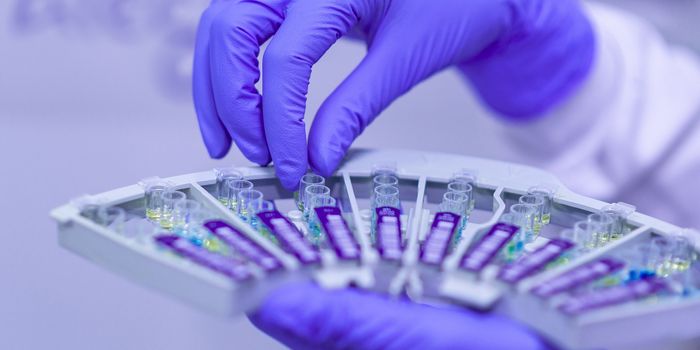Air Pollution Linked to Lung Cancer Risk in Non-Smokers
A recent appreciation of lung cancer in never smokers (LCINS) has raised concerns about global incidence and mortality. LCINS accounts for an estimated 25% of all lung cancers. Exposure to secondhand smoke and air pollution has been linked to the rise of LCINS; however, further research is needed to understand the etiology of LCINS fully. A more comprehensive understanding of the drivers of LCINS could significantly improve strategies aimed at prevention and early intervention.
New research published in Nature investigates the mutational changes occurring in the genomes of patients with LCINS. The researchers obtained data from the Sherlock-Lung study, a database generated to trace the etiology of lung cancer in never smokers through the analysis of genetic data in lung tumors and surrounding lung tissue. From this database, the study obtained genetic data from 871 patients diagnosed with lung cancer who had never smoked. These patients had provided samples for genomic analysis before receiving treatment, referred to as “treatment naïve,” so any detected mutations could be fully attributed to exposures, not cancer treatment. Notably, the patients from this study represented 28 different geographic areas, so regional exposures may be different between cohorts within the larger group.
The analysis revealed a notable distinction between LCINS cases from North America and Europe compared to those from East Asis. The researchers evaluated the prevalence of mutations in genes related to cell growth and death that have established associations with lung cancer. The data shows that mutations in KRAS were highly elevated in the North American/European patients. On the other hand, mutations in EGFR and TP53, two genes also involved in cell division and growth, appeared significantly elevated in samples from LCINS from East Asia compared to those from North America and Europe.
Next, the study evaluated SBS40a, a gene signature linked to exposure to aristolochic acid, which can come from contaminated herbs such as ginger, or stemming from an unknown cause. The researchers found that signature SBS40a, with unknown cause, was prevalent in cases with EGFR mutations, while signature SBS22a, associated with exposure to aristolochic acid, was only detectable in samples from LCINS from Taiwan.
The study did not find an association between secondhand smoke and mutations or gene signatures. However, the researchers detected a strong association between air pollution and TP53 mutations. Samples from patients in areas with high levels of air pollution exhibited increases in mutations and gene signatures associated with tobacco smoking. Increased air pollution levels correlated with mutations.
The study provides valuable insight into the mutagenic changes that influence lung cancer development in never smokers. Further exploration of the links between air pollution and LCINS could have a significant impact on shaping cancer prevention and screening programs to optimize early detection and treatment of lung cancer.
Sources: Nature Rev Cancer, CA Cancer J. Clin, Nature, Nature, Sci Transl Med









